
The Nobel Prize in Physics is an annual award given by the Royal Swedish Academy of Sciences for those who have made the most outstanding contributions to mankind in the field of physics. It is one of the five Nobel Prizes established by the will of Alfred Nobel in 1895 and awarded since 1901, the others being the Nobel Prize in Chemistry, Nobel Prize in Literature, Nobel Peace Prize, and Nobel Prize in Physiology or Medicine. Physics is traditionally the first award presented in the Nobel Prize ceremony.

The Nobel Prize in Chemistry is awarded annually by the Royal Swedish Academy of Sciences to scientists in the various fields of chemistry. It is one of the five Nobel Prizes established by the will of Alfred Nobel in 1895, awarded for outstanding contributions in chemistry, physics, literature, peace, and physiology or medicine. This award is administered by the Nobel Foundation, and awarded by the Royal Swedish Academy of Sciences on proposal of the Nobel Committee for Chemistry which consists of five members elected by the Academy. The award is presented in Stockholm at an annual ceremony on 10 December, the anniversary of Nobel's death.
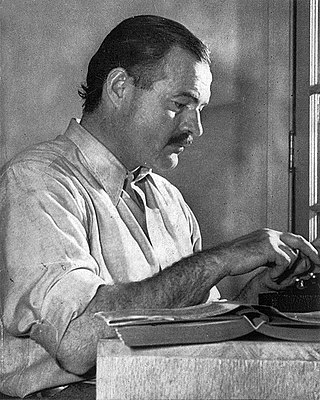
The 1954 Nobel Prize in Literature was awarded to the American author Ernest Hemingway (1899–1961) "for his mastery of the art of narrative, most recently demonstrated in The Old Man and the Sea, and for the influence that he has exerted on contemporary style."
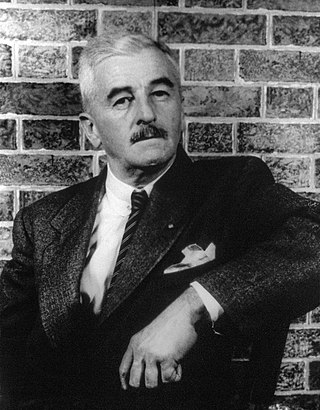
The 1949 Nobel Prize in Literature was awarded the American author William Faulkner (1897–1962) "for his powerful and artistically unique contribution to the modern American novel." The prize was awarded the following year on October 1950. The Nobel Committee for Literature had decided that none of the nominations for 1949 met the criteria as outlined in the will of Alfred Nobel, and the prize was reserved until the following year.

The 1938 Nobel Prize in Literature was awarded to the American author Pearl S. Buck (1892–1973) "for her rich and truly epic descriptions of peasant life in China and for her biographical masterpieces." Buck was the first female American to be awarded the Nobel Prize and the third American recipient following Eugene O'Neill in 1936 and Sinclair Lewis in 1930. She was also the fourth woman to receive the prize.
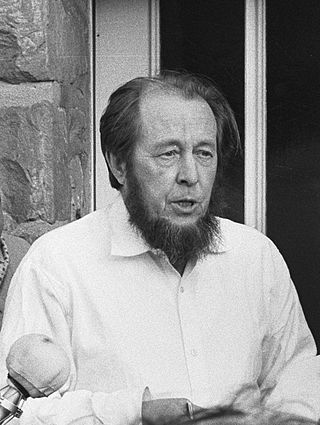
The 1970 Nobel Prize in Literature was awarded to the Russian novelist Aleksandr Solzhenitsyn (1918–2008) "for the ethical force with which he has pursued the indispensable traditions of Russian literature." For political reasons he would not receive the prize until 1974. Solzhenitsyn is the fourth Russian recipient of the prize after Ivan Bunin in 1933, Boris Pasternak in 1958 and Mikhail Sholokhov in 1965.

The 1931 Nobel Prize in Literature was posthumously awarded to the Swedish poet Erik Axel Karlfeldt (1864–1931) with the citation: "The poetry of Erik Axel Karlfeldt." He was the third Swede to win the prize and remains the only recipient to be posthumously awarded. Karlfeldt had been offered the award already in 1919 but refused to accept it, because of his position as permanent secretary to the Swedish Academy (1913–1931), which awards the prize.
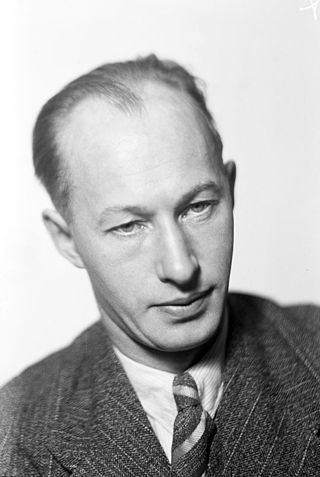
The 1974 Nobel Prize in Literature was awarded jointly to Swedish authors Eyvind Johnson (1900–1976) "for a narrative art, farseeing in lands and ages, in the service of freedom" and Harry Martinson (1904–1978) "for writings that catch the dewdrop and reflect the cosmos." The winners were announced in October 1974 by Karl Ragnar Gierow, permanent secretary of the Swedish Academy, and later sparked heavy criticisms from the literary world.

The 1906 Nobel Prize in Literature was awarded to the Italian poet Giosuè Carducci (1835–1907) "not only in consideration of his deep learning and critical research, but above all as a tribute to the creative energy, freshness of style, and lyrical force which characterize his poetic masterpieces." He was the first Italian author to receive the prize and was followed by Grazia Deledda in 1926.

The 1907 Nobel Prize in Literature was awarded to the British writer Rudyard Kipling (1865–1936) "in consideration of the power of observation, originality of imagination, virility of ideas and remarkable talent for narration which characterize the creations of this world-famous author." He is the first English-language writer to receive the prize, and being aged 41, is its youngest recipient to date.
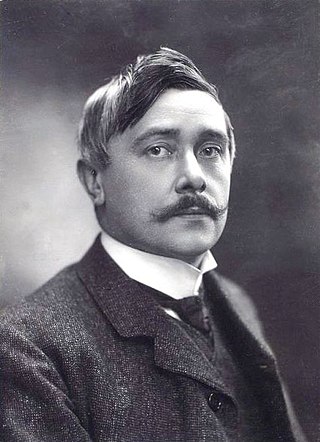
The 1911 Nobel Prize in Literature was awarded to the Belgian author Maurice Maeterlinck (1862–1949) "in appreciation of his many-sided literary activities, and especially of his dramatic works, which are distinguished by a wealth of imagination and by a poetic fancy, which reveals, sometimes in the guise of a fairy tale, a deep inspiration, while in a mysterious way they appeal to the readers' own feelings and stimulate their imaginations." He is the first and remains only the Belgian recipient of the prize.

The 1913 Nobel Prize in Literature was awarded to the Bengali polymath Rabindranath Tagore (1861–1941) "because of his profoundly sensitive, fresh and beautiful verse, by which, with consummate skill, he has made his poetic thought, expressed in his own English words, a part of the literature of the West." He is the first and remains only the Indian recipient of the prize. The award stemmed from the idealistic and accessible nature of a small body of translated material, including the translated Gitanjali.

The 1951 Nobel Prize in Literature was awarded the Swedish author Pär Lagerkvist "for the artistic vigour and true independence of mind with which he endeavours in his poetry to find answers to the eternal questions confronting mankind." Lagerkvist is the fourth Swedish recipient of the Nobel Prize in Literature after Lagerlöf in 1909, Von Heidenstam in 1916, and Karlfeldt in 1931.

The 1985 Nobel Prize in Literature was awarded to the French novelist Claude Simon "who in his novel combines the poet's and the painter's creativeness with a deepened awareness of time in the depiction of the human condition".
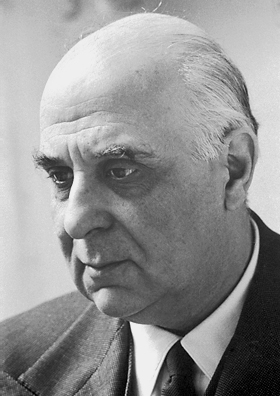
The 1963 Nobel Prize in Literature was awarded the Greek poet and diplomat Giorgos Seferis (1900–1971) "for his eminent lyrical writing, inspired by a deep feeling for the Hellenic world of culture." He is the first Greek laureate to win the Nobel Prize.

The 1935 Nobel Prize in Literature was not awarded after the Swedish Academy decided that no author in the field of literature was a suitable candidate. Hence, the prize money for this year was 1⁄3 allocated to the Main Fund and 2⁄3 to the Special Fund of this prize section.

The 2024 Nobel Prize in Literature is an international literary prize established according to Alfred Nobel's will that will be announced by the Swedish Academy in Stockholm, Sweden, on 10 October 2024 and awarded on 10 December 2024.























